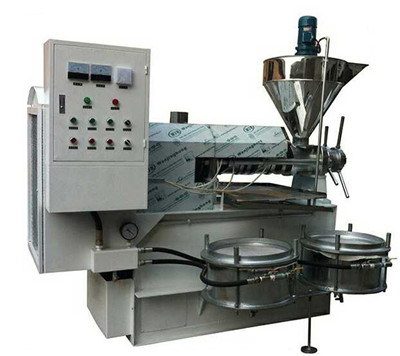
Author:Jintai网络部 Modified date:2024-4-3 8:09:51

Japan, an island nation synonymous with technological innovation and economic growth, has recently embarked on a pioneering venture aimed at revolutionizing its agricultural sector. This initiative focuses on tapping into the potential of cottonseed, a byproduct of cotton cultivation, by utilizing state-of-the-art corn oil press machines.
Cottonseed, often regarded as an agricultural waste product, possesses significant nutritional value. It is rich in protein, fiber, and healthy fats, including linoleic acid and vitamin E. Historically, cottonseed has been used for animal feed or discarded after cotton production. However, Japan's innovative approach seeks to capitalize on this underutilized resource, transforming it into a valuable commodity that can enhance both the economy and dietary health.
The adoption of advanced corn oil press machines plays a pivotal role in this strategy. These machines are designed to extract oil from seeds efficiently while preserving the quality of the oil. In the case of cottonseed, they can effectively separate the oil from the seed cake without compromising the nutritional profile of the oil. The process is environmentally friendly and ensures minimal waste generation.
One of the key advantages of using these machines is their ability to operate at high capacities while maintaining accuracy and consistency. This means that large quantities of cottonseed can be processed quickly, making the extraction process more cost-effective and scalable. Furthermore, the machines are equipped with advanced filtration systems that purify the oil, ensuring it meets the stringent quality standards set by Japanese food regulations.

The introduction of this technology in Japan's cottonseed industry is expected to have a multiplier effect on related sectors. The production of cottonseed oil can create new business opportunities for local farmers, processors, and distributors. Additionally, the byproduct generated during the oil extraction process, the cottonseed meal, can be used as a protein-rich feed supplement for livestock, further integrating sustainable practices within the agricultural chain.
Moreover, the development of cottonseed oil as a food product could contribute to Japan's food security by reducing reliance on imported oils. It also presents a healthier alternative to other cooking oils, given its high unsaturated fat content and lower levels of potentially harmful saturated fats.
In conclusion, Japan's pioneering development in harnessing the potential of cottonseed through the use of advanced corn oil press machines exemplifies its commitment to innovation and sustainability. By valorizing a previously underused resource, Japan is not only enhancing its agricultural output but also contributing to healthier diets and economic growth. This forward-thinking approach sets a precedent for other nations looking to optimize their agricultural resources while promoting environmental stewardship and economic prosperity.
Prev :
Together We Thrive: The Impact of Soybean Oil Press Machines on Agricultural Excellence in East Timor
Next :
Empowering Progress: The Impact of Small Mobile Oil Press Machines on the Korean Soy Industry